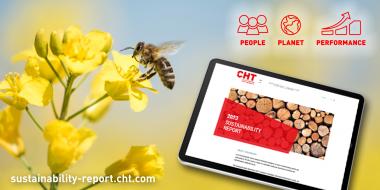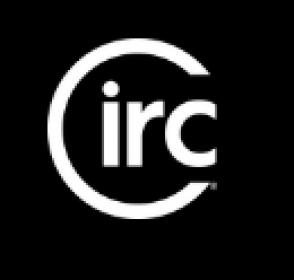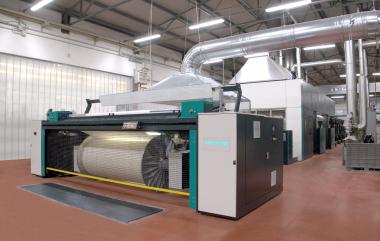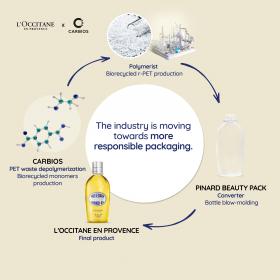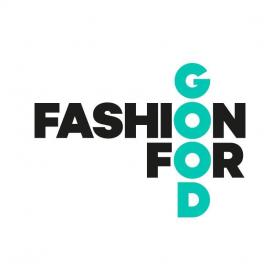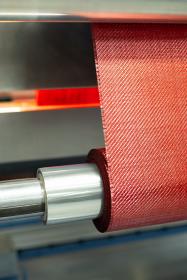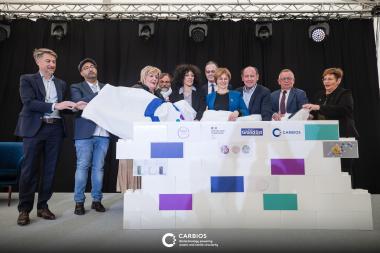Polartec: New Website with Enhanced B2C Focus
Polartec, a Milliken & Company brand and premium creator of innovative and more sustainable textile solutions announced the launch of its newly revamped website. Designed to deliver a seamless and engaging browsing experience for all, the site now caters more effectively to the company’s brand partners and its growing base of direct consumers. It also makes it easier for users to discover the Polartec performance guarantee.
The new website features a fresh new look and feel, along with significant enhancements to improve the user experience. With a strong emphasis on accessibility and user engagement, the revised site ensures that visitors can quickly find the information they need, whenever and wherever they want it. Key features include:
- Modern Design and Structure: The site’s intuitive navigation and streamlined design allow our users to access vital information quickly and easily from any entry point.
- Dynamic Animation: Integrated modern animation enhances engagement and facilitates the interactive and highly enjoyable browsing experience.
- Optimized Content: Overhauled and strategically optimized for SEO, the new content reflects our refreshed positioning while ensuring high visibility in search engine results.
Just as Polartec is dedicated to pushing the boundaries of textile innovation while prioritizing the planet, the new navigation menu reflects this commitment by ensuring fast, easy access to primary sections and important information. And, by highlighting sustainable practices, groundbreaking fabrics and exclusive textile technologies, the new website meets the needs of renowned sportswear apparel companies, top-tier athletes and everyday users alike.
- Fabrics: Explore Polartec’s extensive range of high-performance fabrics.
- Sustainability: Learn about Polartec’s commitment to sustainability and eco-friendly practices.
- Brands: The newly named Products section features our partner brands and their products
- News: Stay up to date with the latest information and company news.
- About Us: Gain insights into Polartec’s company values and mission.






